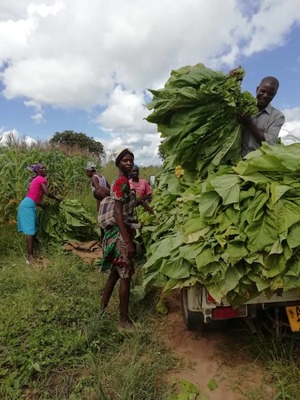
BREAKING: A massive worldwide leak of 11 million+ documents from a slew of offshore service providers exposes the secret wealth and schemes of political leaders, celebrities, and criminals.
These are our investigations as part of the #PandoraPapers 👇 1/
occrp.org/en/the-pandora…
These are our investigations as part of the #PandoraPapers 👇 1/
occrp.org/en/the-pandora…
Family and close associates of Azerbaijan’s authoritarian president, Ilham Aliyev, used offshores to hide over half a billion dollars in London property. 2/
occrp.org/en/the-pandora…
occrp.org/en/the-pandora…
Czech Prime Minister President Andrej Babiš, who was elected on an anti-corruption platform, used offshore firms to disguise the investment of €15m in luxury property in the south of France, including a chateau. 3/
occrp.org/en/the-pandora…
occrp.org/en/the-pandora…
Ukrainian President Volodymyr Zelensky, who also has pledged to clean up his country, had offshore companies with partners.
Just before he was elected, he appears to have moved to disguise his interest. 4/ occrp.org/en/the-pandora…
Just before he was elected, he appears to have moved to disguise his interest. 4/ occrp.org/en/the-pandora…
In Kazakhstan, the unofficial third wife of former president Nursultan Nazarbayev received a mysterious $30 million from offshore structures connected to two well-known oligarchs.
Nazarbayev is arguably the most powerful man in the country. 5/
occrp.org/en/the-pandora…
Nazarbayev is arguably the most powerful man in the country. 5/
occrp.org/en/the-pandora…
When journalists reported that the ex-mayor of Belgrade secretly purchased 24 apartments abroad, he denied it and offered to give them the flats if they could prove he bought them.
Well, our partner @KRIKrs did just that. They’re waiting for the keys. 6/
occrp.org/en/the-pandora…
Well, our partner @KRIKrs did just that. They’re waiting for the keys. 6/
occrp.org/en/the-pandora…
What are the Pandora Papers? Who else is in the leak?
Read our FAQ to find out more. 7/
occrp.org/en/the-pandora…
Read our FAQ to find out more. 7/
occrp.org/en/the-pandora…
More than 75 OCCRP network journalists took part in the #PandoraPapers, an investigative series led by @ICIJorg. Stay tuned in the next few days. There’s plenty more to come.
Find all of our reporting here:
occrp.org/en/the-pandora…
Find all of our reporting here:
occrp.org/en/the-pandora…
• • •
Missing some Tweet in this thread? You can try to
force a refresh







